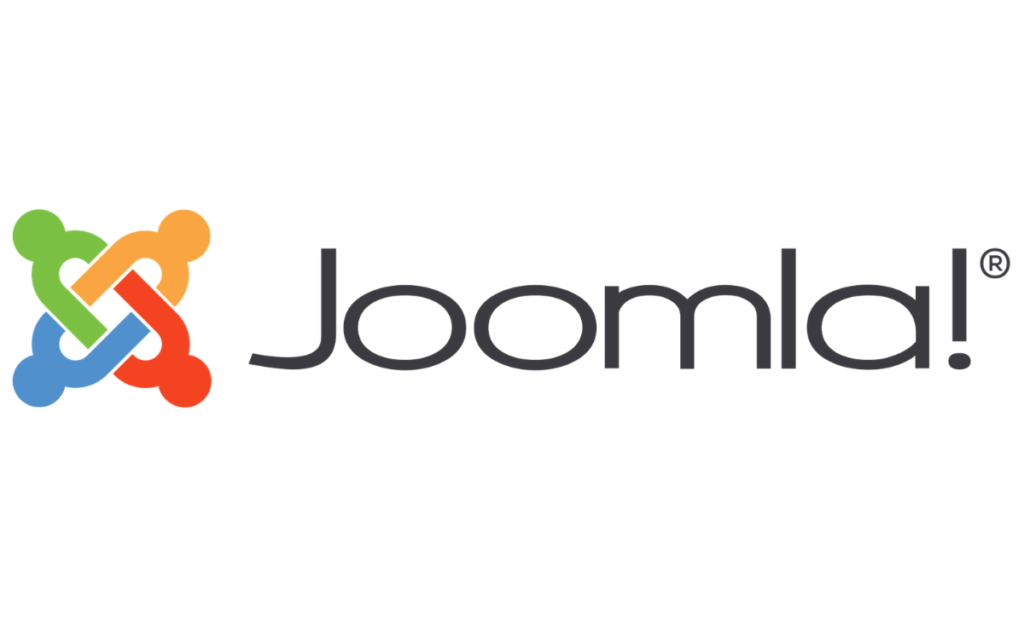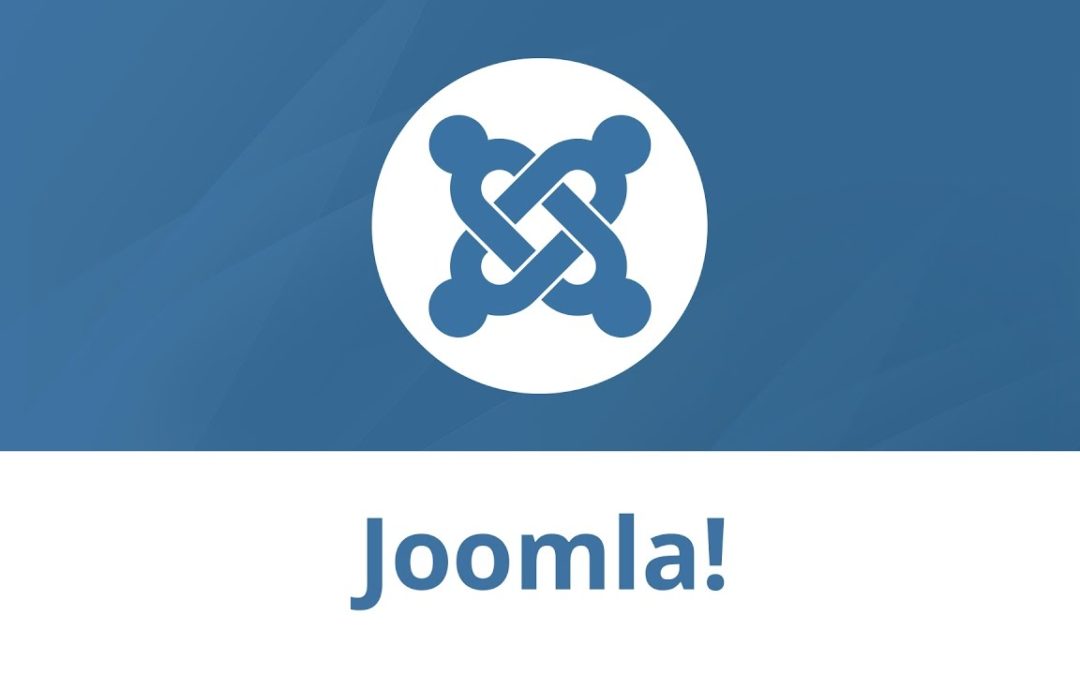Joomla is a free and open source content management system that allows people to easily create websites. It provides many powerful features, including an intuitive interface, ease of use, scalability, and extensibility. Shopify is a platform for eCommerce. It can be used to sell products online, by setting up a store within the Shopify site or by sending traffic from your own website to your Shopify store.
Shopify is not compatible with other software or programming languages whereas Joomla has its own extensions that can be integrated with other applications like WordPress or Magento.
Reno SEO, Marketing & Web Design
450 Sinclair St, Reno, NV 89501
(775) 870-0488
www.RenoWebDesigner.com
Joomla Vs Shopify – What’s the Difference?

A common question that most eCommerce store owners ask is: “What’s the difference between Joomla and Shopify?” The two programs are both open source and allow for customization to a large extent. They are both a good fit for small and medium businesses, though the former is more user-friendly and is suitable for beginners. However, both systems offer developer-friendly frameworks. This is a significant advantage for a small business considering that they both provide flexibility to its users.
To use advanced features in Joomla, you need to understand how to code them. You’ll also have to spend a considerable amount of time researching different extensions, many of which are buggy and outdated. In contrast, using Shopify is much easier. You’ll only need a basic knowledge of HTML, CSS, and a web hosting plan. You can customize the admin area to make it more user-friendly. But if you’re looking for a more complex platform, Joomla is not for you.
The main difference between Joomla and Shopify lies in their extensibility. Both platforms allow you to add a wealth of extensions to make your ecommerce site more versatile and powerful. For example, you can create a Facebook storefront on Joomla and integrate Facebook. The other way around is by integrating Mailchimp. Both platforms allow you to set up newsletters. Both systems have email marketing capabilities, but they’re limited to three products.
Both options allow for customization. But Joomla offers a dedicated theme store and a variety of premium themes. They’re mobile-friendly, have clean code, and are easy to customise. Then, Shopify allows you to add a Liquid programming language. These allow for more flexibility and customization options. But while Shopify is the superior choice, Joomla’s backend is easy to use and publishes web pages with a few clicks.
Both are free to use. Shopify costs $299 a month and is best for larger businesses. For smaller businesses, Joomla is free to download. The only difference between the two programs is how complicated they are. While both are open-source, Joomla requires web hosting and a domain name. For those new to ecommerce, Shopify is easier to use and suited for small businesses. They are also available as a free download.
Although Joomla has the edge in popularity, Shopify has a much higher price. With both, the price of the hosting is higher than that of WordPress. The latter is the cheaper option, but both are capable of offering more customization. The latter is also a bit more customizable than WordPress, but it can be a bit more difficult to use compared to its rival. While Joomla does have a large theme library, it is still not as customizable as WordPress.
A major advantage of Shopify is its blogging platform. Its powerful blogging platform allows users to write articles and allow comments, but it is important to note that it’s difficult to moderate comments. Besides, Joomla doesn’t have a built-in multilingual capability, while WooCommerce does. Nevertheless, both platforms have a higher market share. In a recent study, WooCommerce outpaced both Joomla as the leading ecommerce CMS.
Both platforms are excellent CMS solutions for small businesses. While Joomla is free to use and maintain, it does require HTML, JavaScript, and other proprietary languages. Both systems are also highly customizable. The flexibility of both platforms makes them an excellent choice for small businesses. You can even use both for your e-commerce store. They are both powerful, but you can choose the one that works best for your business. The flexibility and functionality of each platform makes them great for any business.
Both services have a large number of features. For example, Shopify offers a free version that allows you to design and manage your online store. Its POS is a fully-featured content management system, which eliminates the need for web hosting. It also has a POS feature that lets you sell in brick-and-mortar stores. Moreover, Shopify allows you to see your stock in multiple locations.

The main difference between Joomla and Shopify is that one is a free opensource software and the other is a subscription-based service.
Shopify is a platform where you can set up an online store, so it offers more features than Joomla.

Joomla is an open-source content management system built to take advantage of the benefits of the LAMP architecture. Joomla has become one of the most popular content management systems on the internet. It is currently estimated that there are around 4 million websites using it.
Shopify is a web platform that was designed for small to medium-sized businesses and offers a wide range of features including ecommerce, retail point-of-sale, and a customized online store builder.

Joomla is open-source CMS which can be used to create a powerful website. It has a lot of extension and plugins which allow you to create any kind of website. It’s also compatible with most popular ecommerce platforms, including Shopify.
Shopify is a popular ecommerce platform that allows you to create your online store, or a landing page for a marketing campaign or an event. It has a lot of features that allow you to manage your content and increase traffic on the site.
With Joomla, developers have the flexibility to create a website that suits their needs. On the other hand, Shopify is limited to the templates provided by the platform.
Joomla offers more flexibility and options for customization than Shopify does. It is possible to build an e-commerce website on Joomla whereas this feature is not available with Shopify.

Shopify is a platform that allows you to create an e-commerce store. You can start your own store with Shopify’s existing templates, or design your own. Joomla is another option for building your site, but it is more complicated than Shopify.

Sandy Rowley SEO Expert 775-870-0488.
Reno SEO, Marketing & Web Design
450 Sinclair St, Reno, NV 89501
(775) 870-0488
www.RenoWebDesigner.com
https://renowebdesigner.com/joomla-errors/
https://renowebdesigner.com/joomla-vs-wordpress/
https://renowebdesigner.com/joomla-vs-shopify/
https://renowebdesigner.com/joomla-web-developers-in-reno/






Trackbacks/Pingbacks